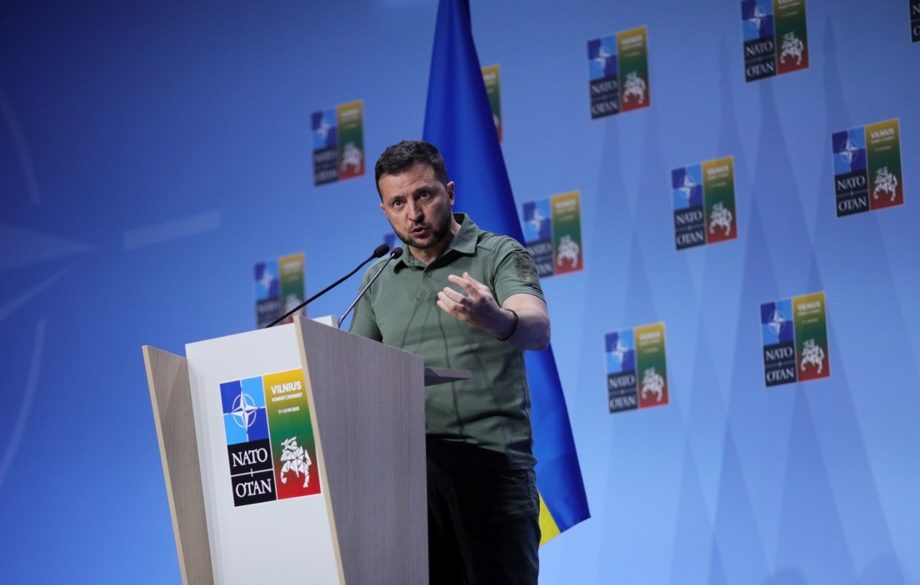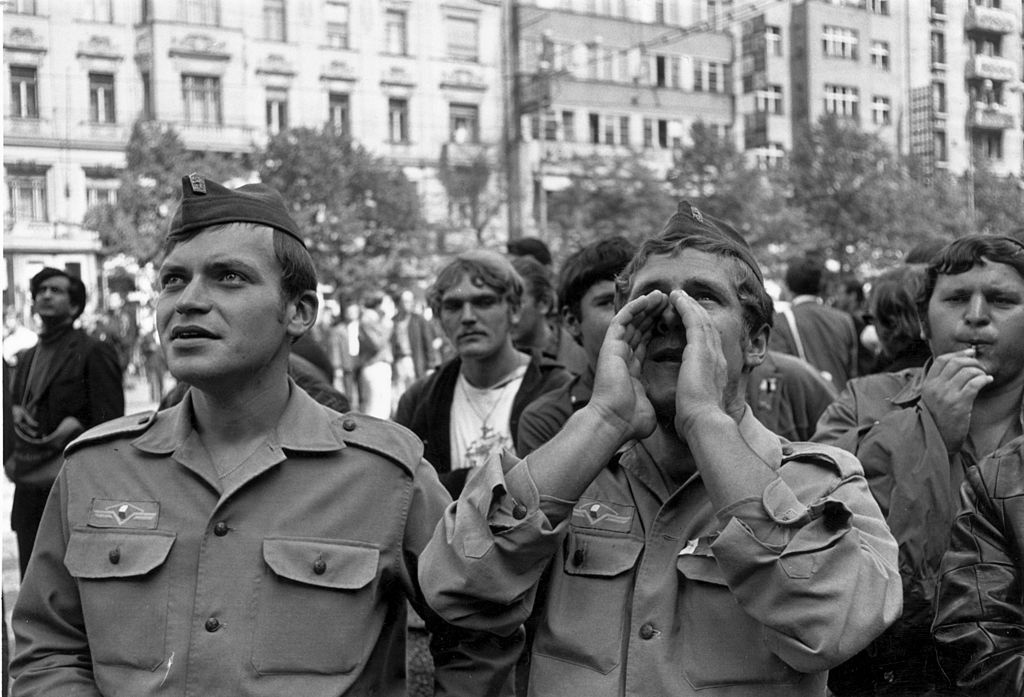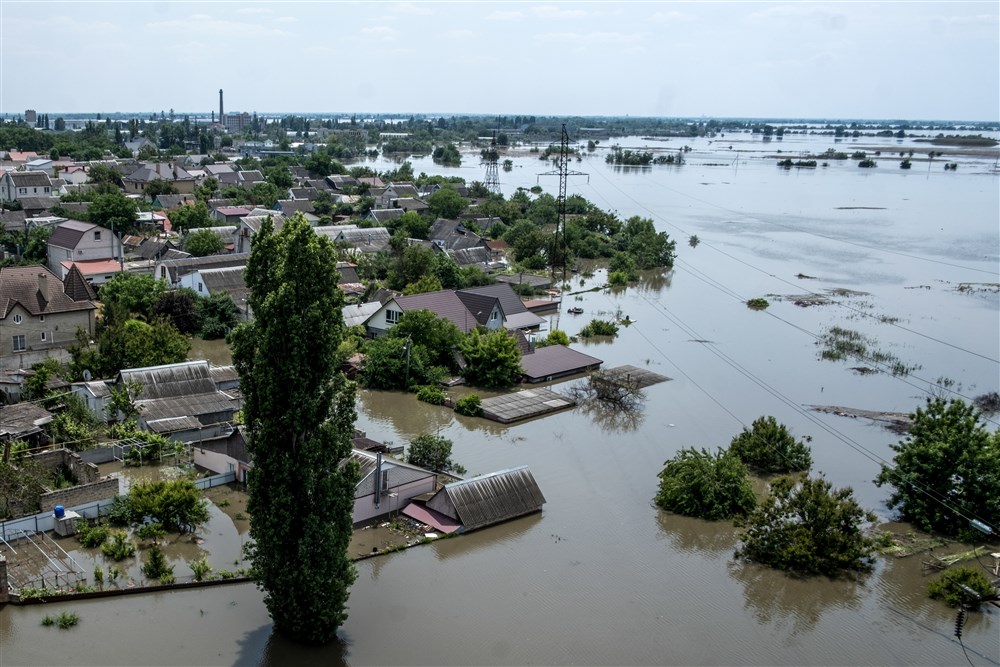Cuba has been flying under the radar among a small axis of nations who have supported Russia in its invasion of Ukraine. However, the revelation this summer that Cuban troops are now fighting in Ukraine should be a cause for concern.
News reports downplayed the involvement, stating that the Cubans are fighting as mercenaries. However, in reality, Cuban professionals have long been treated as mercenaries by the Communist dictatorship.
Across the Global South and more recently Italy, Cuban doctors and medical personnel make just a few hundred dollars a month working as medical corps for the government. Meanwhile, Havana can rake in lucrative contracts from such agreements.
It is likely that Cuban soldiers fighting in Ukraine are being deployed along a similar model. Cuba once made money from sending under-paid Cubans around the globe to save lives – it is now sending them to take lives.
Cuba’s crusaders for Putin have little option as the country’s finances are stretched to the limit. The Cuban economy is in freefall and Cubans are leaving in droves. One indicator is the number of Cubans who are fleeing communism for the United States. Some 39,000 refugees arrived at the U.S.-Mexican border in 2021. Last year that figure reached 224,000.
With few options, Cuba is again turning East for solutions.
A high-ranking Belarusian military official Valery Revenka met with Cuban military personnel earlier this year. Colonel Mónica Gómez of Cuba visited Belarus on May 18 and, according to a Twitter post, Cuba will soon conduct a training mission to Belarus.
“The main attention was devoted to the training of Cuban military personnel in the Republic of Belarus and the promotion of military cooperation between the two countries in a planned manner,” read the statement.
Meanwhile, last year the government of Belarus tweeted that it was deepening medical cooperation with Cuba on a number of fronts. Perhaps these developments will allow the deployment of uniformed Cuban forces in theatre to act as support for Cubans fighting in a mercenary role in Ukraine.
Russia is cashing in on arrangements it made with Cuba nearly a decade ago. Russia forgave almost $40 billion in Cuban debts in 2014. That same year it also vowed to reopen a spy facility at Lourdes, Cuba. Not long after these announcements, Vladimir Putin began his first invasion of Ukraine and “little green men” seized Crimea. A Cuban was arrested for laying a wreath at the Ukrainian embassy in Havana in solidarity.
Cuba was always unlikely to repay its Cold War debts to Moscow in cold cash. However, it remains an important partner. Cuba’s value is its high standing in the Global South. This has no doubt diplomatically bolstered Russia’s effort to keep many countries in Africa neutral or leaning toward Moscow.
It is precisely Cuba’s links in the Global South that should concern European policymakers. A partnership between Wagner Group and Cuba or another Russian proxy group could fuel instability around the globe.
True, Cuban officials condemned the Wagner uprising earlier this year but, were Cuba to develop a group of semi-privatised military contractors on the Wagner model it would be a cause for concern.
The Wagner Group, the most famous mercenary group of our times, has operated in combat from Libya to Syria. It has also played a role in conflicts across Africa including Sudan, Mozambique, Central African Republic, and Mali. Rumours link Wagner to other countries as well.
In many ways, though they might not realise it, Wagner’s foot soldiers are following in the footsteps of Cuba. With limited resources of its own, Cuba developed a sizeable expeditionary capability during the Cold War allowing it to engage in military adventurism great and small. Soviet logistic support aside, the ability of Cuba to maintain multiple and complex military operations often in multiple countries was a feat few other countries could manage.
Cuba’s support to spreading communism took on a number of forms. In the Congo in the 1960s, this meant supporting Che Guevara’s quixotic guerrilla campaign. Conversely, at Cuito Cuanavale in Angola from 1987 to 1988, Cuban forces fought in what is believed to have been the biggest conventional battle in Africa since World War II against Unita forces and the South African Army.
Cuba’s most talented military leader of the period was General Arnaldo Ochoa Sanchez. He cut his teeth in various guerrilla campaigns in Latin America and the Cuban Revolution before commanding soldiers in the Ogaden War and in Angola.
In the Ogaden, he earned the praise of Russian generals for his tactical acumen. He was also genuinely loved by his troops. Yet, as his star rose he was executed in 1989 on orders from Fidel Castro for his alleged involvement in drug smuggling.
Will Cuba’s “volunteers” and military experts soon be re-deployed to Africa or elsewhere in Sanchez’s footsteps? Or does the recent death of Yevgeny Prigozhin, who before his mad-dash to Moscow spoke of creating a truly international mercenary force, offer Cuba a cautionary tale?
For now, the extent of Cuba’s involvement in this Ukrainian conflict remains something that should be of concern to policy makers on both sides.





This can’t go on: the Ukraine war and our complacency